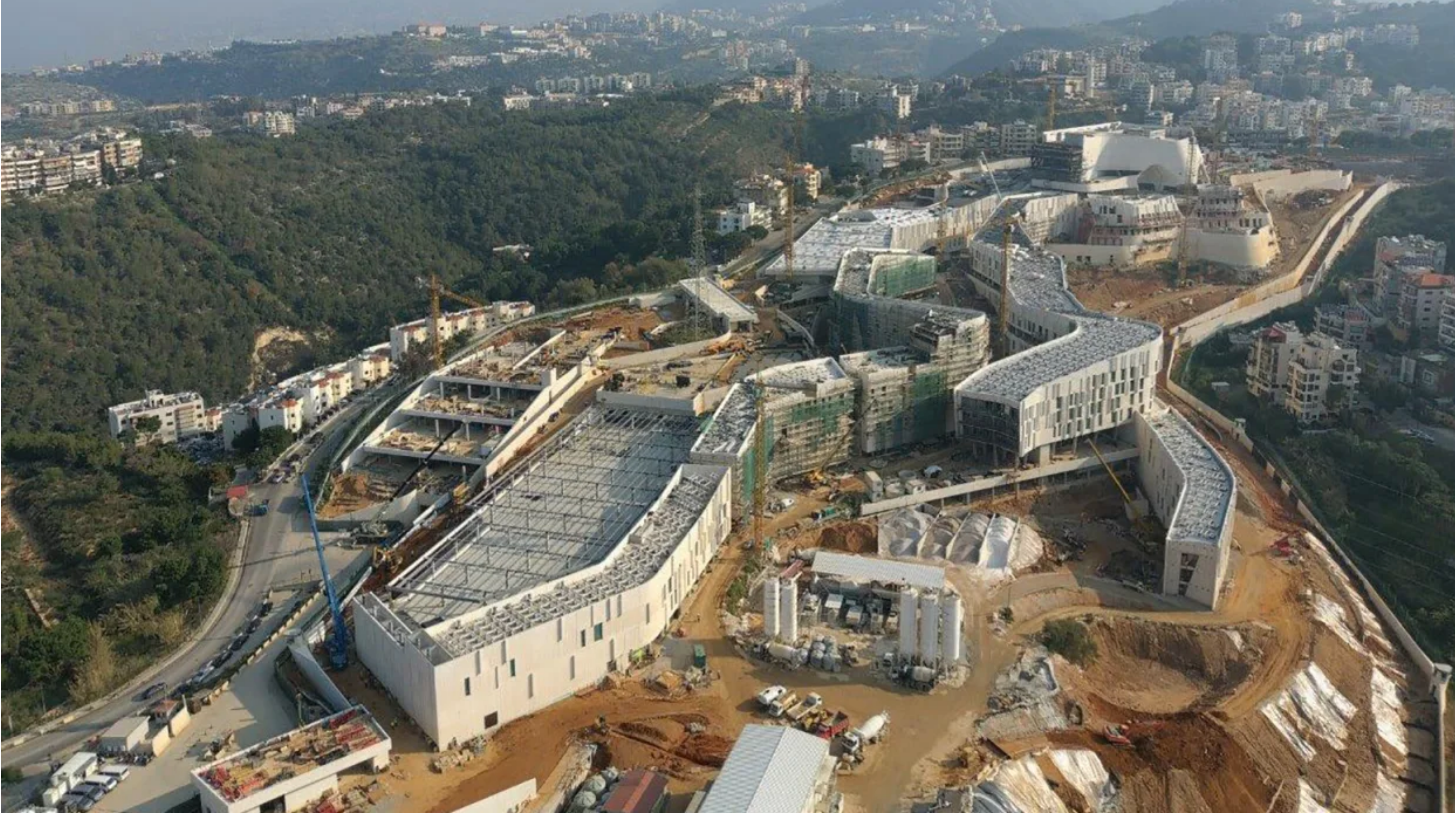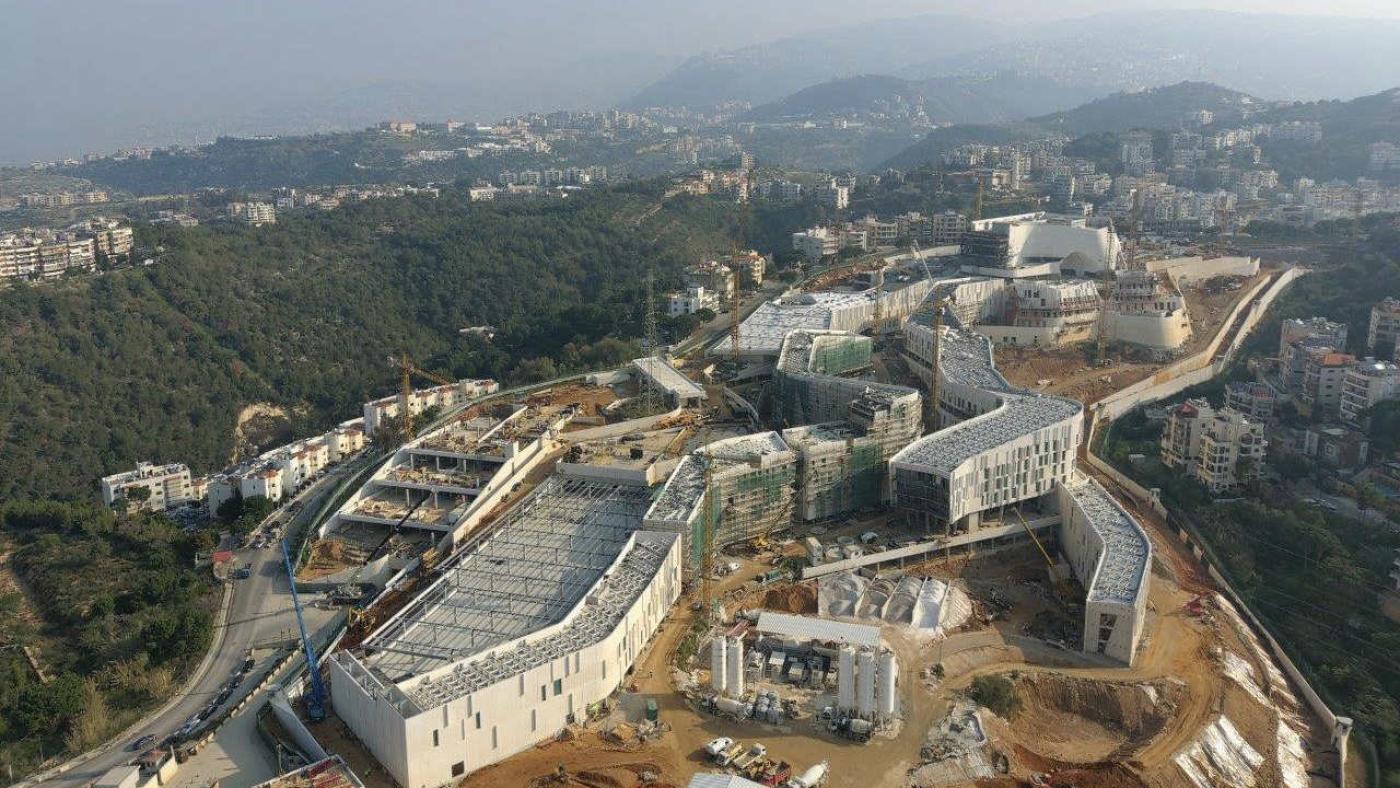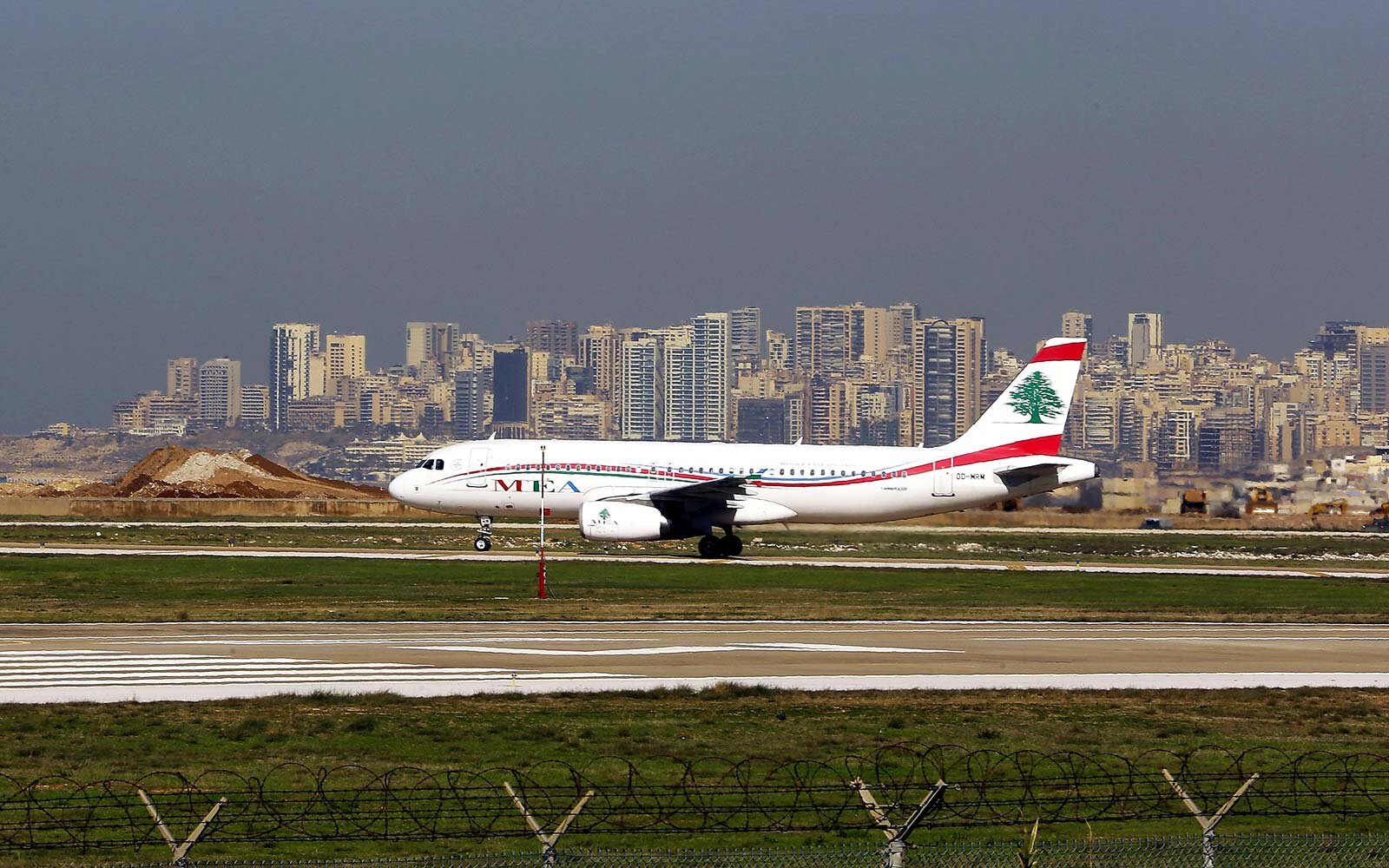
By Nadeen Ebrahim, CNN –— A massive new US embassy complex in Lebanon is causing controversy for its sheer size and opulence in a country where nearly 80% of the population is under the poverty line. Located some 13 kilometers (about 8 miles) from the center of Beirut, the US’ new embassy compound in Lebanon looks like a city of its own. Sprawling over a 43-acre site, the complex in the Beirut suburb of Awkar is almost two-and-a-half times the size of the land the White House sits on and more than 21 soccer fields. Many Lebanese on Twitter questioned why the US needs such a large embassy in their capital. Lebanon is smaller than Connecticut and has a population of just six million. Few American tourists go to the country as the State Department has placed it on the third highest travel advisory level, but it does have a sizeable population of Lebanese American residents. “Did the US move to Lebanon??” tweeted Sandy, a social media activist. “Maybe you’ll have enough room to work on all those pending visa applications,” tweeted Abed A. Ayoub, national executive director of the American-Arab Anti-Discrimination Committee, responding to the grandiosity of the new complex.
Lebanon’s soul has been eviscerated by its financial crisis. Not even the children want to play Computer-generated images published by the embassy show an ultra-modern compound, hosting multi-story buildings with high glass windows, recreational areas, and a swimming pool surrounded by greenery and views of the Lebanese capital. The compound includes a chancery, representational and staff housing, facilities for the community and associated support facilities, according to the project’s website. From the pandemic to the 2020 Beirut blast, Lebanon has been assailed by a number of crises that have left its economy in ruins. Many Lebanese are unable to afford basic commodities, including food, medicine and electricity. “Let them eat concrete,” another user tweeted. Plans for the embassy complex were announced in 2015 and it is reported to have cost $1 billion.







